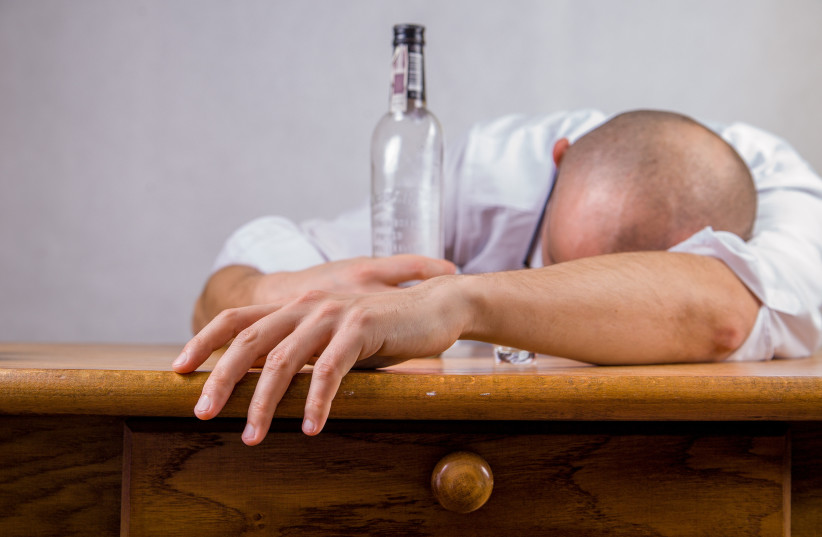Since the October 7 massacre, many victims have been struggling with their mental health. It is now evident that the trauma of war and security tensions have led to an increase in the use of narcotics.
According to a recent survey conducted by Maccabi Healthcare Services, 56% of smokers reported that their cigarette use increased since the start of the war. In addition, 15% of regular drinkers reported consuming more alcohol in recent months.
Data published by the Israeli Center for Addiction paints a disturbing picture, showing a three-fold increase in the consumption of sedatives and sleeping pills. 50% of the witnesses to the massacre consume more narcotics.
Maccabi pioneers healthcare services dedicated to October 7 victims
Unfortunately, addiction also affects adolescents. According to data released by the ELEM- Youth in Distress Association, 47% of adolescents evacuated from conflict areas use psychoactive substances, including alcohol. In light of this alarming new data, Maccabi is the first to establish addiction treatment clinics for adults and children in these communities. Treatment at the clinics will be provided by a multidisciplinary team, including a psychiatrist, neurologist, social worker, psychologist, clinical criminologist, nurse, dietitian, and occupational therapist. The multi-disciplinary team will offer medical and therapeutic treatment, including group therapy, aimed at helping patients make significant changes in their lives. A patient referred to the clinic will receive all the necessary care in one space.
At Maccabi, there are already two professional medical clinics like these in Rehovot and Kfar Yona, and soon, a third will open in Nahariya. Five prescription drug-free clinics are already operating, with two more set to open.

According to Maya Melchin, a clinical social worker and manager of the prevention and treatment of addictions department at Maccabi Healthcare Services: "We are living in challenging times that we have never experienced before. The news that treatment will now also be conducted in these communities is tremendous news for the patient population. Helplessness, uncertainty, disruption of routine, and stress are feelings that many of us experience on a daily basis, often accompanied by a need to escape from reality and use of addictive substances or adoption of addictive behaviors. In cases of trauma, there is a significant increase in the use of addictive substances, as we have already seen in recent months."
